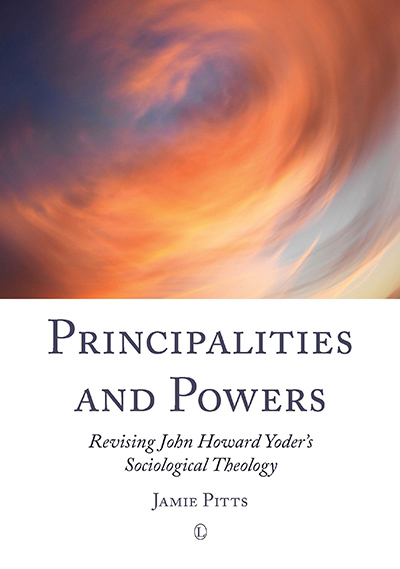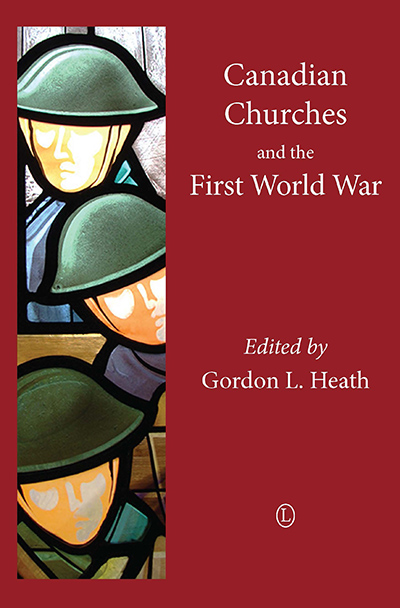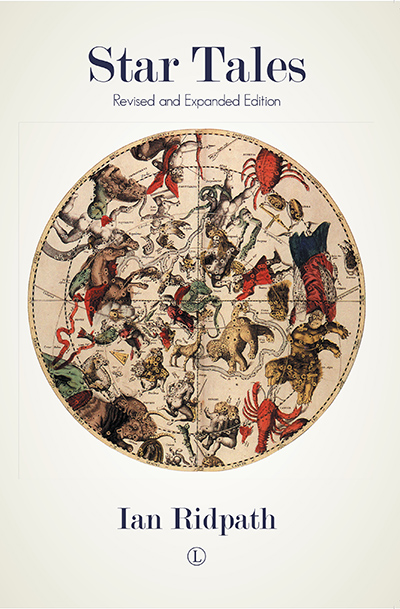Description
Principalities and Powers is an ambitious critique of John Howard Yoder’s complex sociological theory. Jamie Pitts’ work transcends ideological boundaries, which have perplexed the many writers who have approached the legacy of John Howard Yoder after his death in 1997. Although there is much disagreement, a broad consensus is forming that his theology was, on the one hand, focused on the social and political meaning of the New Testament accounts of Jesus Christ and, on the other hand, sociologically reductive, hermeneutically tendentious and ecclesiologically ambiguous.
Pitts proposes a revision of Yoder’s theology that maintains its broadly sociological emphasis but corrects for its apparent methodological, political and metaphysical problems. Specifically, adjustments are made to his social theory to open it to spiritual reality, to hone its analytical approach, and to clarify its political import. To do so his preferred framework for social criticism, the theology of the principalities and powers, is examined in the context of his wider work and its critics, and then synthesized with concepts from Pierre Bourdieu’s influential reflexive sociology.






